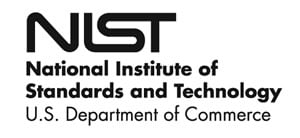RSS Feed Source: Academic Keys
Job ID: 260452
Professor for a Canada Excellence Research Chair (CERC) in Micropollutant Control in Water
Université Laval
The CERC holder is expected to develop a large-scale research program on micropollutant control in line with the priorities set out for the CERC program. For example, and in a non-exclusive manner, the CERC may integrate research on the optimal chains of new physicochemical and biological treatment technologies capable of eliminating these pollutants (end-of-pipe) and evaluations of a variety of source control approaches. The development of indicators of the presence of micropollutants and the continuous monitoring of micropollutants with sensors based on specific detection methods are other examples. The implementation of the research program more specifically includes:
Develop a major research program in the field of micropollutant control in water; Generate research results
Click this link to continue reading the article on the source website.



